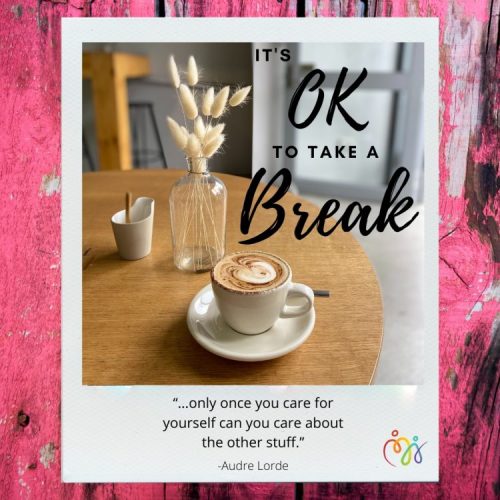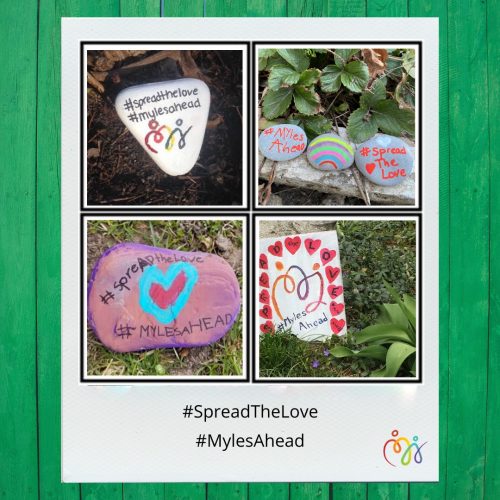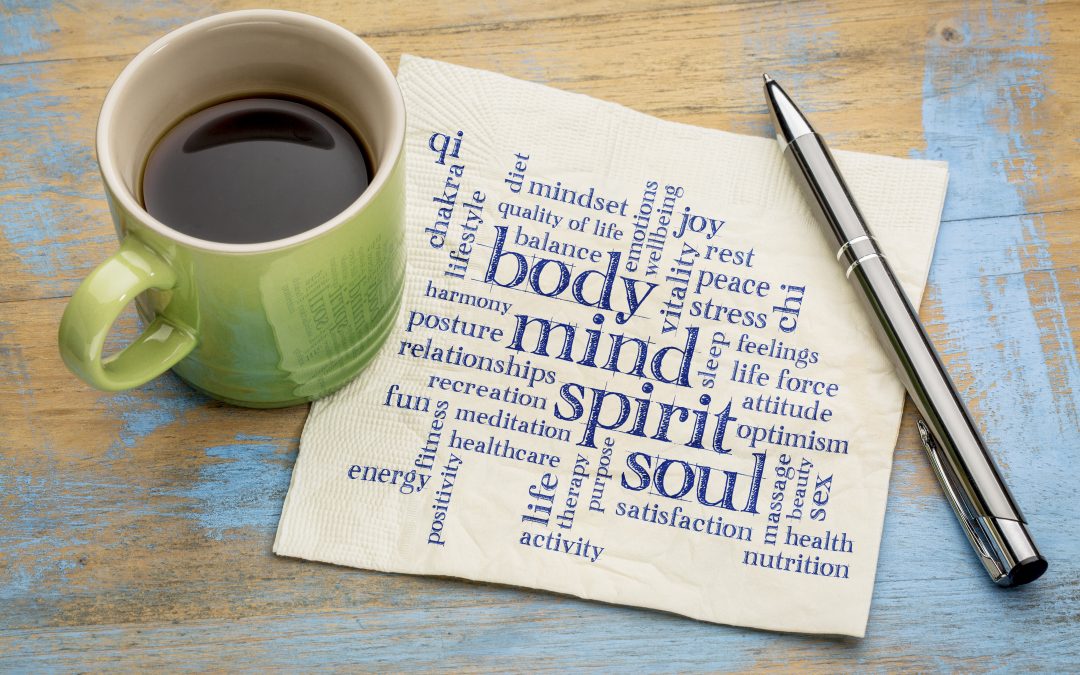Now, more than ever, our emotional wellbeing is being challenged by the trauma of loss within our communities, and for some of us, within our inner circle and families. Our hearts are aching for the lives lost in Nova Scotia to an act of terror and at the same time mourning lives lost through the C19 pandemic. Quite frankly, many of us are mourning the way things used to be. It is important to acknowledge and reflect on our losses – no matter how or when they occurred. Acknowledging and respecting feelings of pain and frustration in a compassionate way can help us empathize and connect with others – even in the time of social distancing.
One simple way we can join together is through song. Nobu Adilman & Daveed Goldman of Choir!Choir!Choir! have become like a spiritual and emotional church for me since losing my son. During the pandemic they continue to bring people together. Here is their rendition of Hallelujah, sung for Nova Scotia.
There are things we can do to help us manage our own mental wellbeing, so we can be there to support ourselves, our children, families and communities. And we are here to help you along the way. If we consider emotional and mental health on par with physical health, then the actions we take to care for our mental health are equally important. In this blog, we highlight actions and activities that focus on categories of wellness:
Mind, Body & Spirit
Each of these parts of ourselves are important for overall wellbeing. As much as we can we need to learn and practice ways of supporting the different aspects of ourselves and help the children in our lives do the same. This isn’t about what you “should” do but instead about exploring what feels good and what works for you and those you love. And while structure and consistency can be really helpful, it’s also important to be open to trying something new. Doing something different can encourage creativity and bring joy that might catch us by surprise. We are learning and growing every day – some of what appeals to us when we are 10 is quite different than 25, as it is when we are 50 and 75.

Below are some simple, practical ways that you can support your self – your mind, body and spirit today.
MIND
One way we can care for our minds is to consciously seek out activities that help us take a break from what can, especially during times of stress, feel like constant noise in our head. It could be reading, journaling, problem solving activities like crosswords, sudoku or something with your hands, like knitting. If you can engage with another person in these activities, even better!
You might have to try some different options to find what holds your attention and allows you to focus.
Remember, the goal here is to engage your mind in an activity that is of interest, perhaps a little challenging and importantly that is fun. We are in a uniquely disruptive and stressful time that will impact us all differently. That means what works for you may not be so helpful for the young people in your life. Consider doing things that are interactive and promote togetherness and are fun for kids who are reluctant to participate in more solo mental activities – maybe a game of Monopoly, Life or Connect 4 or another favourite game of theirs
Did you know you can play games online with friends through facebook and other game apps?
BODY
Caring for our bodies may seem a bit more obvious, but also takes conscious decisions. This is especially true in the times of social distancing, when we are actively limiting our time outdoors. Check in with yourself and the kids in the house – is everyone getting enough sleep? Is the food intake balanced and healthy? Are you incorporating some form of exercise to get your heart-rate up? A dance party in the kitchen could be a good way to fit this in with the kids, or a mini-olympics could be fun too.
For those of us who know someone who is grieving now, in quarantine, or otherwise unable to prepare food for themselves, consider what their needs might be. Mealtrain is a great web interface calendar that allows family, friends and neighbours to sign up to be responsible to deliver a meal on a calendar to be sure sustenance is delivered when it is needed. Also consider ordering from local restaurants so they will be able to keep their businesses going and to keep feeling connected to your neighbourhood through the COVID-19 pandemic.
SPIRIT
When we consider what feeds the spirit there is an abundance of evidence that exposure to, performing, and interacting with various forms of art, music, dance, nature and meditation can have a positive impact on our mental and emotional states. Incidentally, we would like to invite you to join our special family-friendly social media experiment to #SpreadTheLove #MylesAhead. It touches on a few of these things.

If you haven’t already read about it, here are the instructions:
i. Paint a heart on a rock of your choosing.
ii. Write #SpreadTheLove #MylesAhead
iii. Place it in someone’s garden, or in a public space for others to see.
iv. Take a picture. Share it on social media with your location. Remember to tag us and use the hashtags #SpreadTheLove #MylesAhead!
We will monitor the progress – let’s see how far we can #SpreadTheLove!
ADDITIONAL RESOURCES
For Children: Here is a cute Story on How Kids can Fight COVID-19 (6-11 yrs). Note to mention to kids: the illustrations in the book may not show social distancing quite the way we practice in real life.
For Youth: Workbook to help organize mental health plans (useful for parents, youth & adults)
For Teachers/Educators: Check out Kelly Hopkinson’s TedX Talk on The Importance of Teacher Self-care.
For Caregivers/Parents: Child & adolescent psychiatrists have created a resource site: Covid with Kids
CALENDAR NOTES
May 4-10 Mental Health Awareness Week
May 7 National Child & Youth Mental Health Day


Aging makes it difficult to get really involved in the new activities we choose to make ourselves feel better.
Thank you for adding your perspective to the conversation, Sadie. Indeed, there are a number of things that can limit our abilities to participate in some of the activities, and we will do our best to provide multiple suggestions/options in an effort to help people find things that are appealing and helpful. We also welcome any suggestion you might have that works for you if you would like to share something.
Thank you again for taking the time to read and comment!
All the best,
Leslie